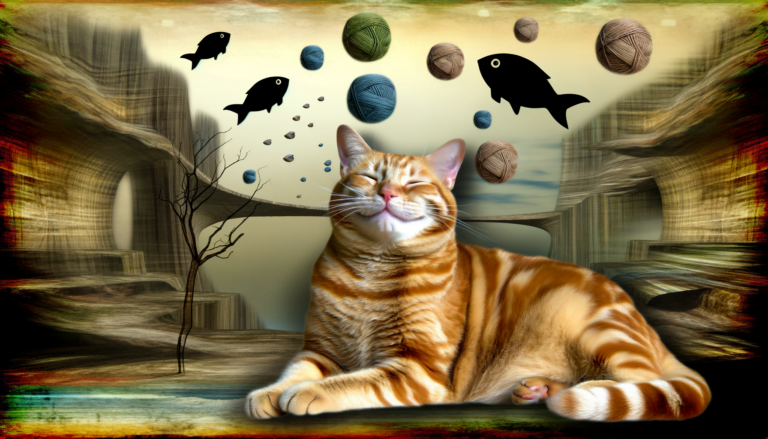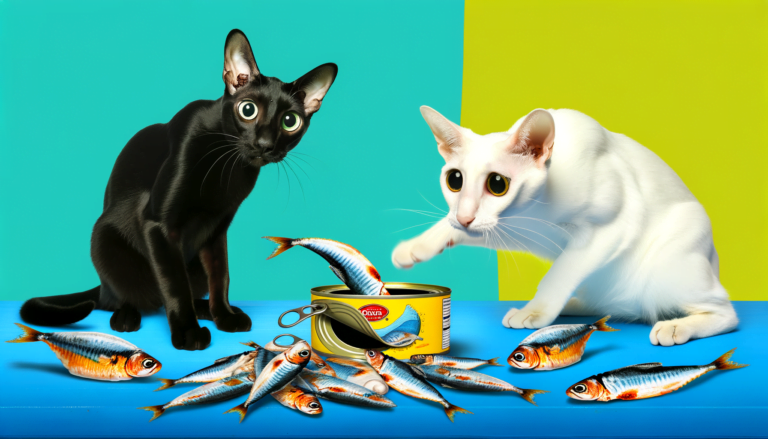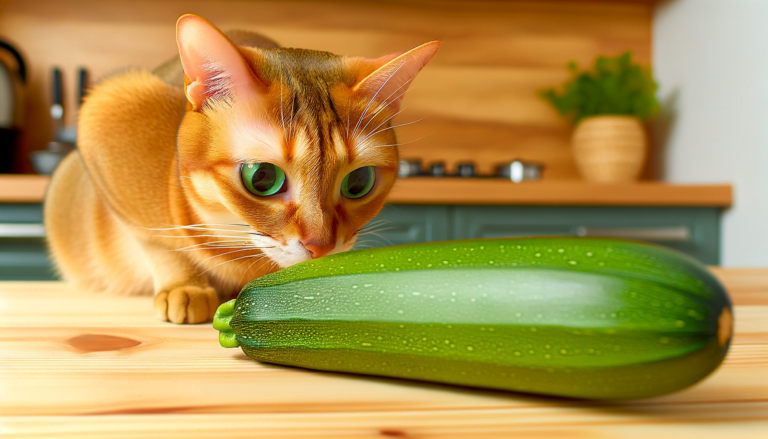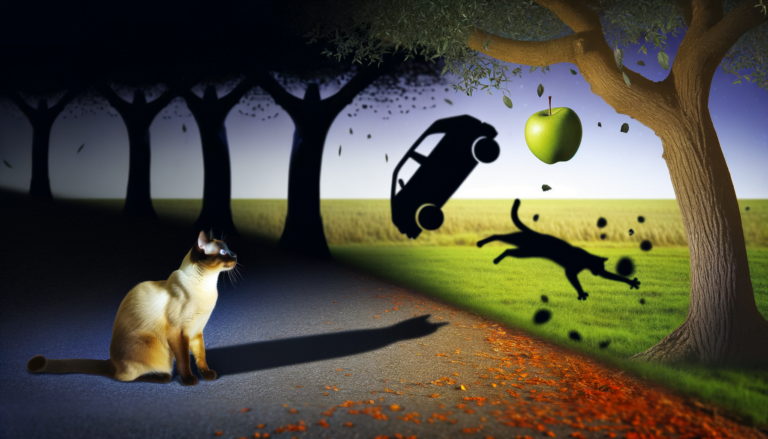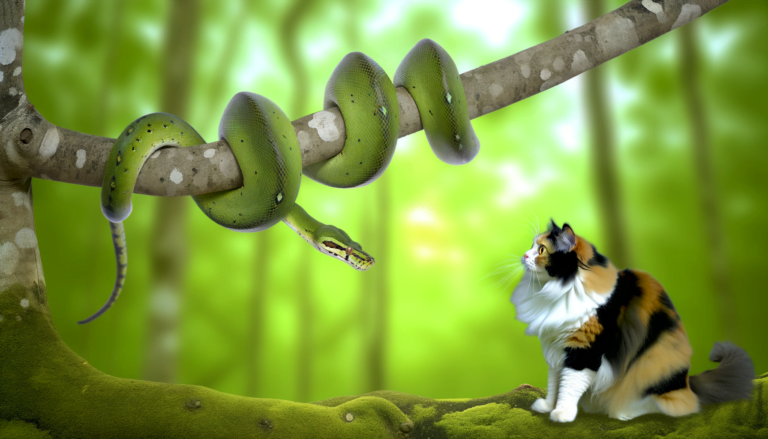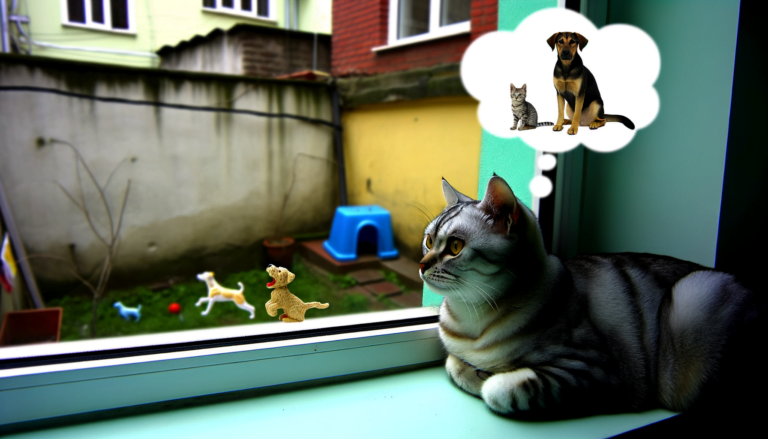Dispelling Myths: Do Hairless Cats Really Defecate on Walls?
No, hairless cats do not inherently poop on walls. It’s essential to note that any cat, regardless of breed, might deviate from using the litter box due to various reasons like health issues, stress, or behavioral problems. Yet, this behavior is not characteristic of hairless cat breeds specifically, such as the Sphynx. Therefore, if a hairless cat or any feline starts soiling places other than its litter box, it would be wise to consult with a veterinarian to identify and address any underlying issues.


